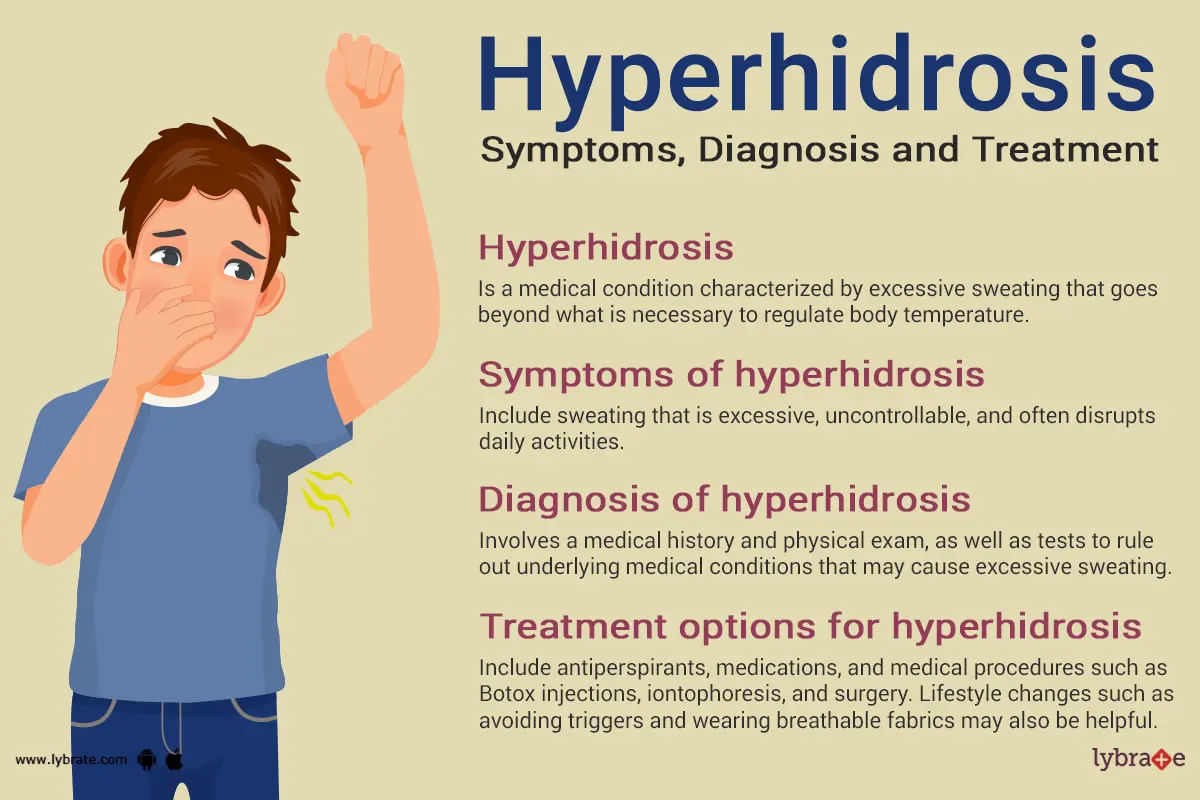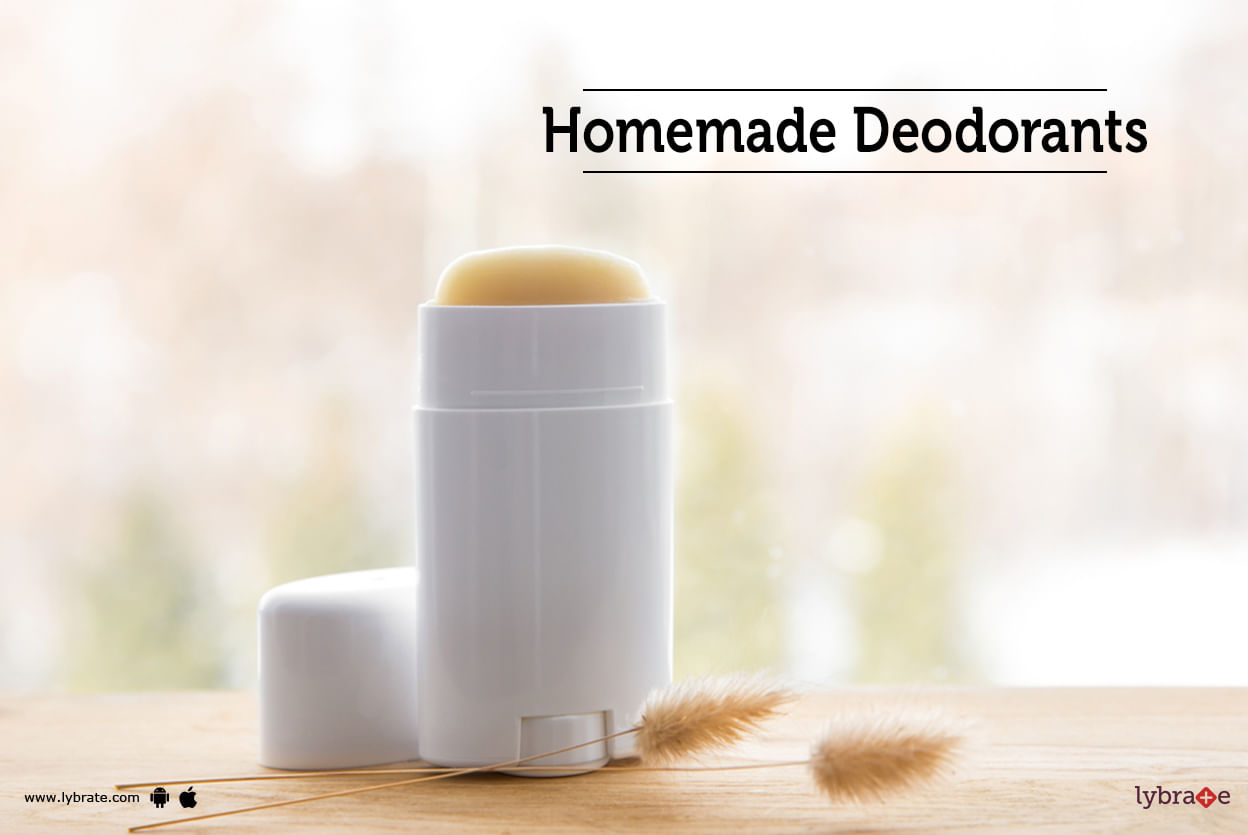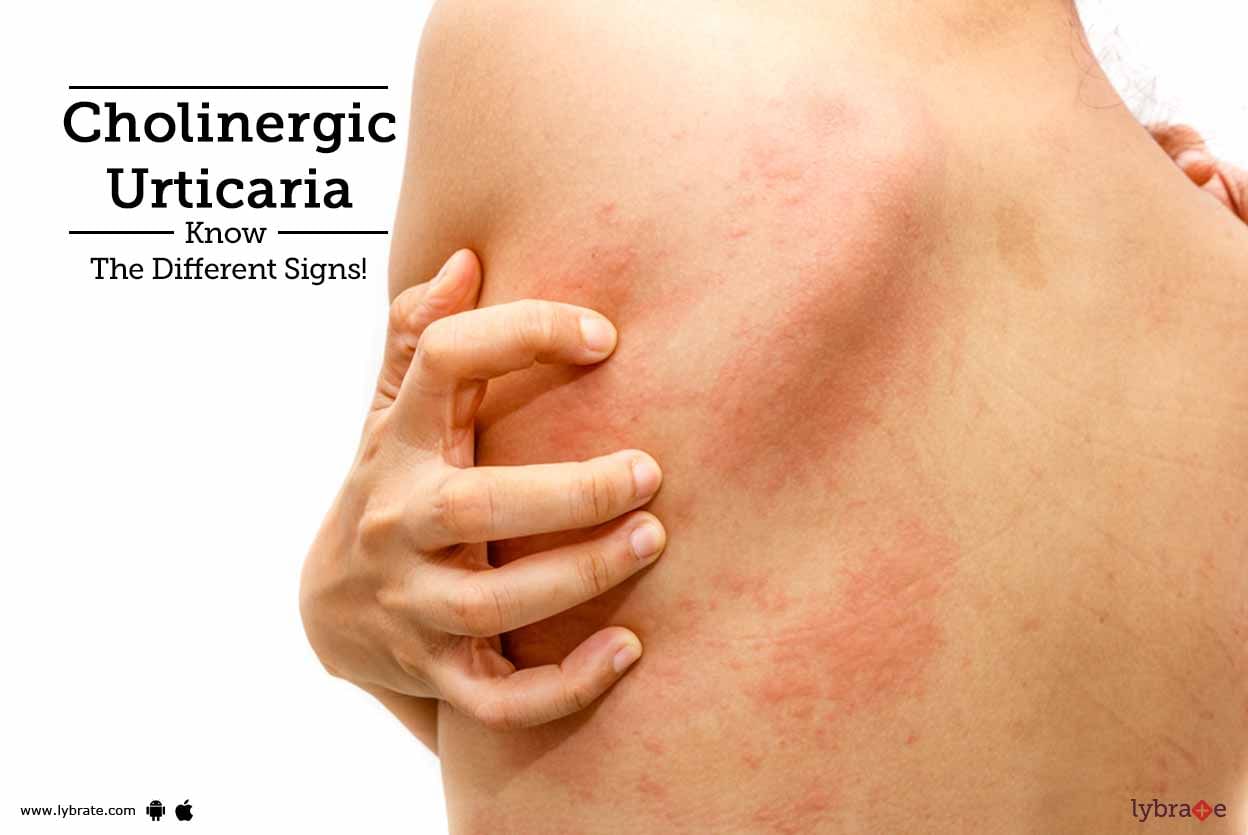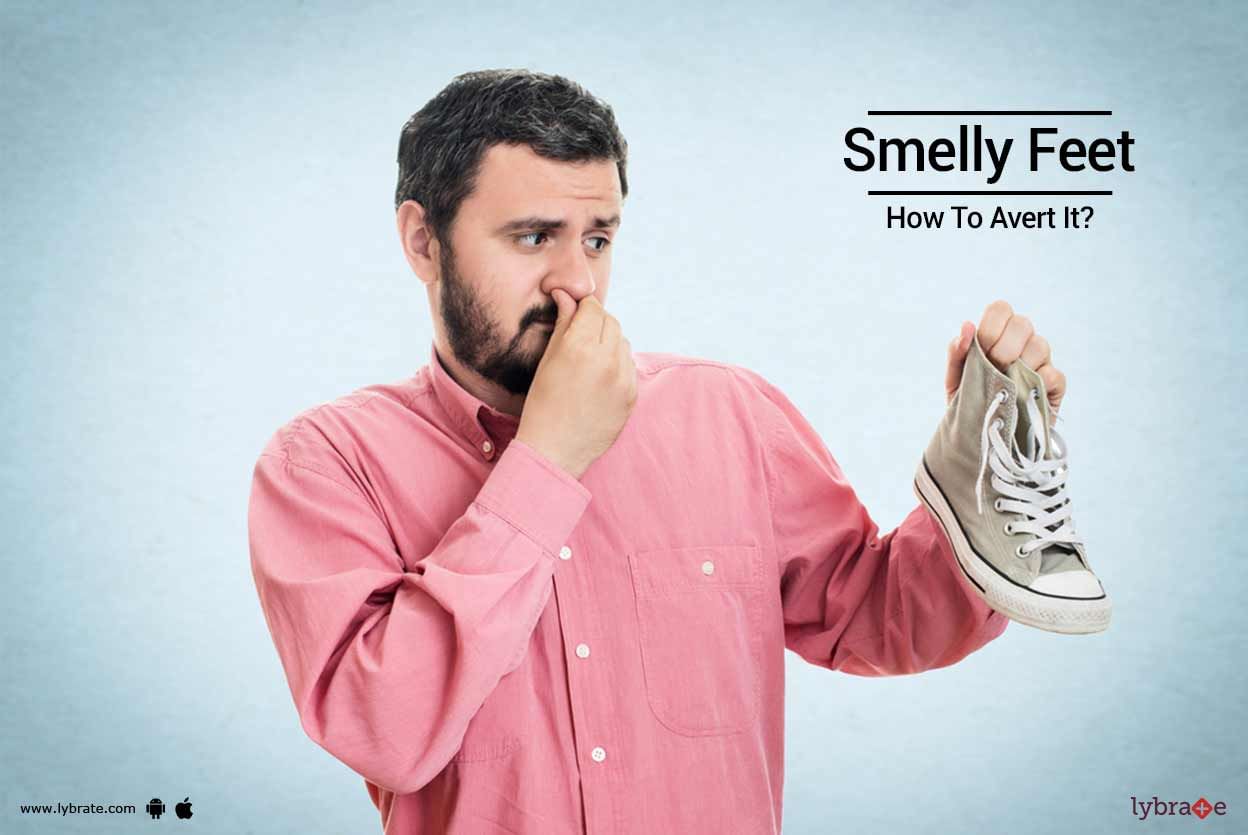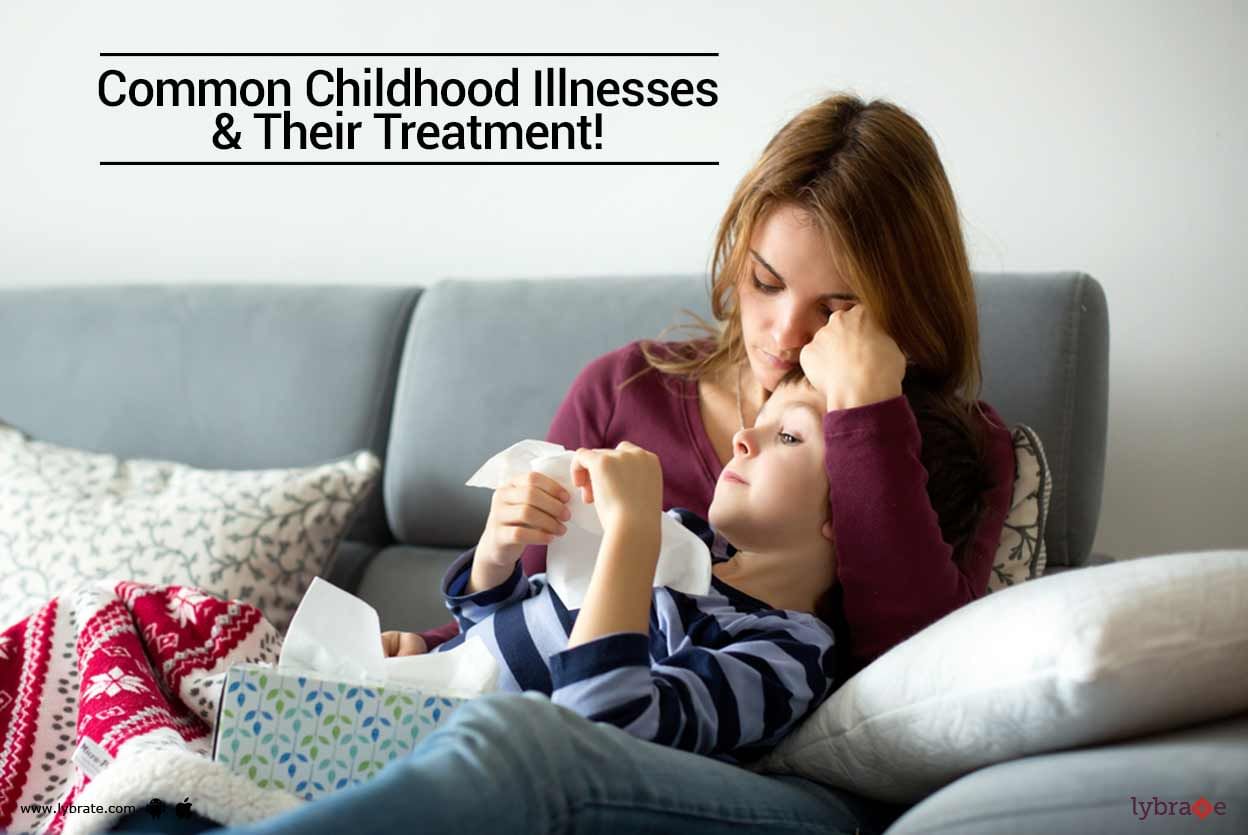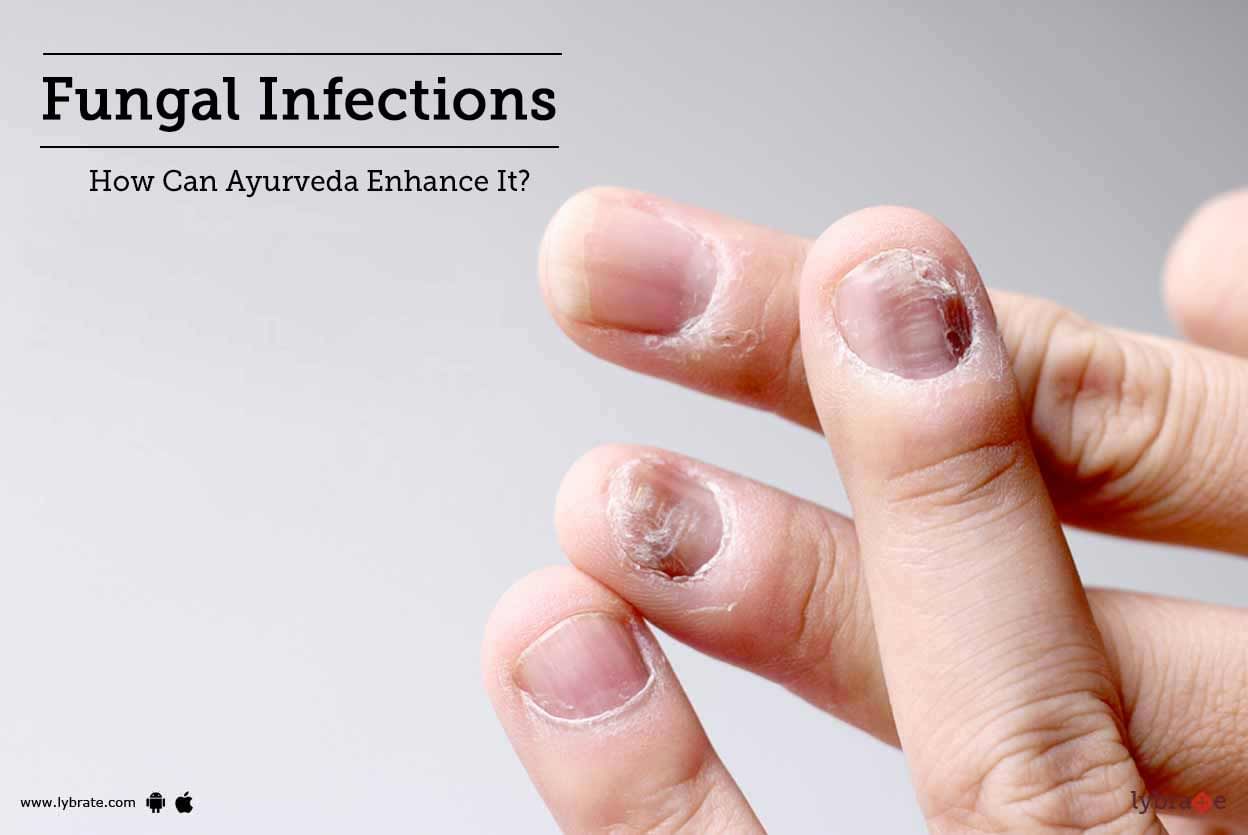Get the App
For Doctors
Login/Sign-up
Health Feed
Find Doctors
Health Packages
AllQ&AsTipsQuizzes
Sweating Tips
Last Updated: 3 years ago• Featured Tip
Share
Bookmark
Report
MD ( MEDICINE), Post Graduate Diploma in...read more
General Physician•Ambala
Hyperhidrosis can be best defined as a medical condition or disorder in which a person sweats excessively, beyond what is considered normal for regulating body temperature. People with hyperhidrosis can experience excessive sweating in different areas of their bodies, including the palms of their hands, soles of their feet, underarms, face, and other regions. Excessive sweating can occur even when there are no triggers, such as physical activity or high temperatures, and can ...more
Last Updated: 3 years ago• Featured Tip
Share
Bookmark
Report
Most commercial deodorants and antiperspirants available today are designed to simply mask body odor and sweat, but they often contain harmful chemicals and fragrances that can cause skin irritation, dryness, or even make you sweat more. They can also disrupt the natural ph balance of your underarm skin and make it a breeding ground for bacteria.
Fortunately, there are natural alternatives available that are just as effective at keeping you smelling fresh all day. Go...more
149 people found this helpful
Last Updated: 6 years ago• Featured Tip
Share
Bookmark
Report
Cholinergic Urticaria is a skin problem that a dermatologist can diagnose and treat. The most common cause of this condition includes sweating. It may be of four types including poral occlusion, generalised hypohidrosis, sweat allergy and idiopathic. Mostly, the common triggers include heat and consequent sweat which can cause a variety of symptoms in the internal organs. Let us find out more about the signs, symptoms and treatment of this ailment.
Signs: There are many signs of the ons...more
Signs: There are many signs of the ons...more
Last Updated: 6 years ago• Featured Tip
Share
Bookmark
Report
Smelly feet - the medical name is bromodosis - can affect anyone. It can be embarrassing and uncomfortable. The main cause is sweaty feet and there are simple steps you can take to help prevent this.
What causes sweaty and smelly feet?
The function of sweat glands is to keep the skin moist and therefore supple and to regulate temperature when the weather is hot or while you are exercising. There are more sweat glands in our feet than anywhere else in the body. However, unlike s...more
What causes sweaty and smelly feet?
The function of sweat glands is to keep the skin moist and therefore supple and to regulate temperature when the weather is hot or while you are exercising. There are more sweat glands in our feet than anywhere else in the body. However, unlike s...more
Last Updated: 6 years ago• Featured Tip
Share
Bookmark
Report
Children are constantly complaining about running noses and flu. This is part of their process of strengthening immunity and hence every child must go through this phase. Prescribing antibiotics every time a child sneezes worsens the situation by weakening their immunity. Hence, when it comes to children, homeopathy is an excellent form of treatment. Homeopathy can be prescribed to children of all ages.
Homeopathy addresses the physical, mental and emotional characteristics of a child a...more
Homeopathy addresses the physical, mental and emotional characteristics of a child a...more
Last Updated: 6 years ago• Featured Tip
Share
Bookmark
Report
Food is one of the most common ways of getting an infection, and so the stomach is more prone to infections than other body parts. Whether it is eating raw or uncooked foods or unhygienic foods, the stomach bears the brunt of one s bad food practices. The only consoling factor is that it is equally easy to treat a stomach infection if some simple measures are adhered to.
Read on to know some of the easiest and most effective ways to treat a stomach infection.
Drink it right: Wh...more
Read on to know some of the easiest and most effective ways to treat a stomach infection.
Drink it right: Wh...more
Last Updated: 6 years ago• Featured Tip
Share
Bookmark
Report
Sweating is a natural process of the body to release heat. Any impairment in the functioning of the sweat glands makes sweating a difficult process. It results in a condition known as Hypohidrosis, which is characterized by an inability to sweat or extremely low sweat produced. It may affect parts of your body or the entire body. When the body is unable to produce enough sweat, the body overheats, which may lead to a heat stroke.
This disorder is caused by a number of factors. A brief o...more
This disorder is caused by a number of factors. A brief o...more
Last Updated: 6 years ago• Featured Tip
Share
Bookmark
Report
There are many kinds of infections that may afflict the body from time to time. While some of them may be dormant conditions that flare up due to environmental factors, there may be others that may occur due to a change in season as well as other causes, including interaction with a carrier of the same infection.
A fungal infection is usually caused by the growth and accumulation of the harmful fungi in a particular part of the body or organ of the body. These kinds of infections may be...more
A fungal infection is usually caused by the growth and accumulation of the harmful fungi in a particular part of the body or organ of the body. These kinds of infections may be...more
71 people found this helpful
Last Updated: 6 years ago• Featured Tip
Share
Bookmark
Report
The vagina is a tube-like muscular structure of the female genital tract that extends from the cervix to the vulva. It is a delicate organ which is prone to injuries and infections.Complications related to urination, menstruation and sexual intercourse- all affect the vaginal health. Here are five questions associated with vaginal problems that are commonly experienced but rarely discussed:
1. Why does it feel itchy before menstruation?
The hormonal cycle reduces the amount of estrogen s...more
1. Why does it feel itchy before menstruation?
The hormonal cycle reduces the amount of estrogen s...more
Last Updated: 6 years ago• Featured Tip
Share
Bookmark
Report
Excessive sweating or hyperhidrosis occurs due to the presence of extremely sensitive sweat glands in certain body portions. It is a condition in which you sweat more than the normal amount and this can be attributed to temperature, anxiety levels and daily routine.
Symptoms: If the excessive sweating is limited within the underarm, the feet, the face and the palm of your hand, then it is diagnosed as primary focal hyperhidrosis, which is relatively harmless in nature and does not pres...more
Symptoms: If the excessive sweating is limited within the underarm, the feet, the face and the palm of your hand, then it is diagnosed as primary focal hyperhidrosis, which is relatively harmless in nature and does not pres...more
Book appointment with top doctors for Sweating treatment
View fees, clinic timings and reviews
Ask a free question
Get FREE multiple opinions from Doctors
posted anonymously


